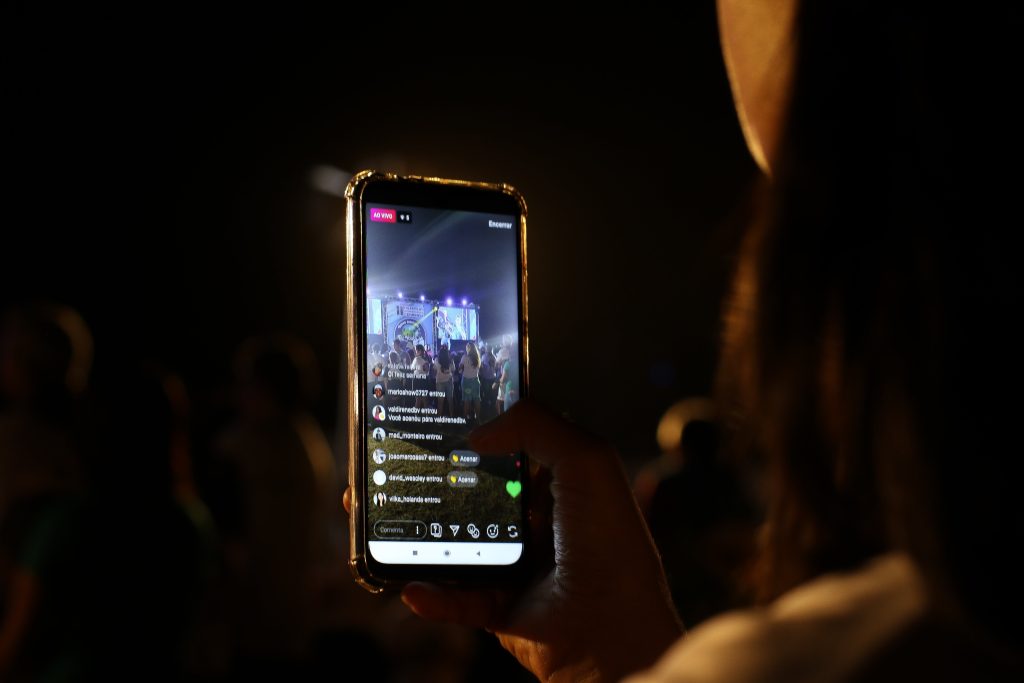
The COVID-19 pandemic has severely impacted various industries worldwide, including the music industry. Concerts and festivals have been postponed or canceled, and musicians have faced unprecedented difficulties. Despite these challenges, the music industry has shown resilience and adaptability. This article will discuss the innovative strategies, technological advancements, and changing trends that are shaping the music business in the post-pandemic era.
- Virtual Concerts and Live streaming.
- Importance of Digital Presence.
- Rise of Music Streaming and Online Platforms.
- Reinventing Live Experiences.
- Collaboration and Support.

As a result of social distancing measures, live concerts and events became impossible. However, artists quickly adapted to the situation, turning to virtual concerts and live-streaming platforms to connect with their audiences. Livestreamed performances allowed artists to reach a global audience regardless of geographical boundaries and time zones. Virtual concerts not only provided a source of income for artists but also gave fans an immersive at-home concert experience. As restrictions lift, hybrid models that combine in-person and virtual concerts are likely to become the norm.
The pandemic highlighted the importance of a robust digital presence for artists and music industry professionals. Social media platforms, streaming services, and online content creation became essential tools for staying connected with fans and promoting music. Artists and labels focused on creating engaging online content, including behind-the-scenes footage, live Q&A sessions, and exclusive sneak peeks. The emphasis on digital presence is likely to continue post-pandemic, as artists recognize the long-term benefits of maintaining a strong online presence.
During lockdowns, music streaming platforms experienced a significant surge in usage. With people spending more time at home, streaming services have become the primary source of music consumption. Artists and labels adapted to this shift by prioritizing digital releases and exclusive partnerships with platforms. The pandemic also led to the emergence of niche online platforms, providing virtual music lessons, collaborative songwriting tools, and networking opportunities for musicians. These platforms offered alternative revenue streams for artists and fostered a sense of community within the music industry.

While virtual concerts gained popularity, the absence of live events left a void in the music industry. As restrictions ease, the focus now shifts towards reinventing live experiences. Outdoor concerts, drive-in events, and socially distanced performances have become viable alternatives. Additionally, innovations such as interactive lighting, immersive sound technologies, and augmented reality (AR) experiences are being explored to enhance the live music experience. The post-pandemic era presents an opportunity for the music industry to reimagine and elevate the concept of live events.
The pandemic has indeed highlighted the importance of collaboration and support within the music industry. Many artists, labels, and industry professionals came together to support struggling musicians through various initiatives like virtual benefit concerts, relief funds, and mentorship programs. These collaborative efforts not only provided financial assistance but also fostered a sense of unity and resilience within the music community. It is essential to carry forward this spirit of collaboration and support in rebuilding and strengthening the music industry post-pandemic.


